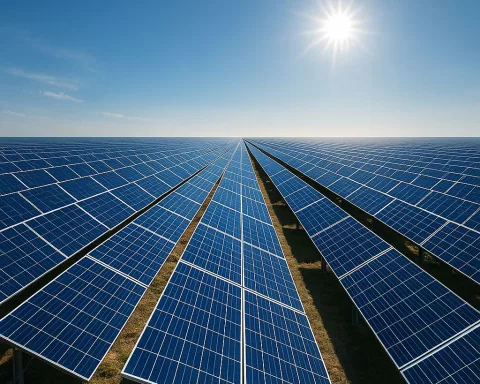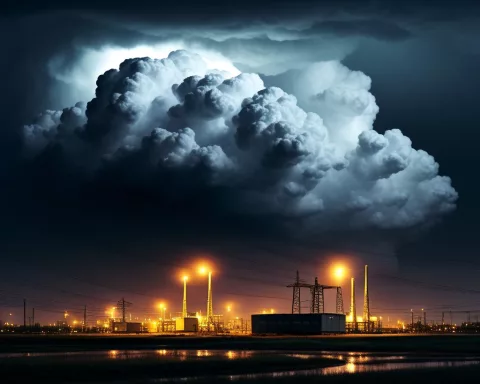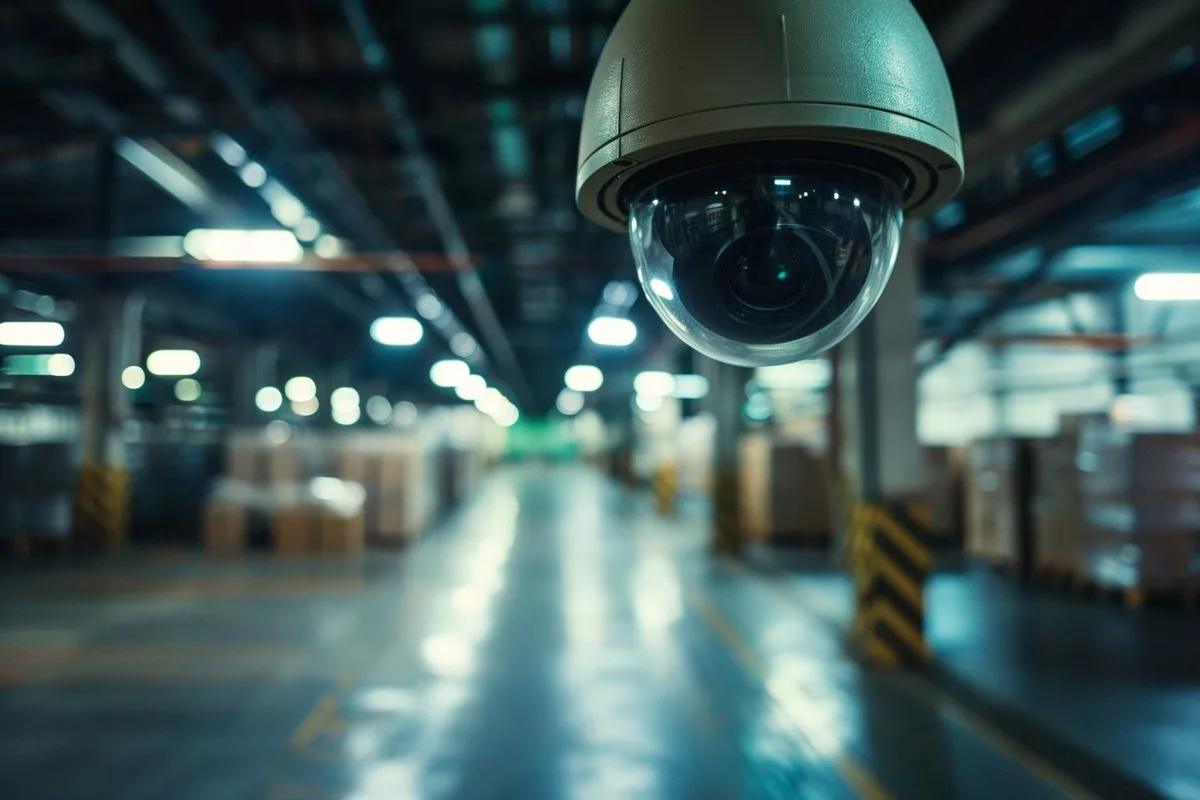Load shedding, or the intentional power outages due to an imbalance between electricity supply and demand, is not just a local problem but a global energy conundrum. The issue affects countries like South Africa and Cyprus, with the latter benefiting from the European Union’s robust framework to ensure energy security. The challenge of load shedding highlights the importance of diversifying energy sources and fortifying infrastructure to avoid power crises and achieve a sustainable future.
As the new year dawned in Cape Town, South Africa, the announcement of continued load shedding by Eskom, the primary electricity supplier of the region, cast a shadow of uncertainty over the city’s residents. However, load shedding is not a local issue. A discussion between a seasoned journalist, John Maytham, and an energy expert, Chris Yelland, highlighted the global nature of this problem, drawing comparisons between South Africa and Cyprus, as well as the broader European Union (EU).
A Tale of Two Countries: South Africa and Cyprus
Like South Africa, Cyprus is governed by a state-owned Electricity Authority (EAC) that is responsible for electricity generation, transmission, and distribution. However, while Cyprus generally experiences greater stability in its power supply, it is not immune to power crises, as demonstrated by the 2011 explosion at the Evangelos Florakis naval base that left the Vasilikos power station incapacitated.
The EU Framework for Energy Security
The EU has developed a robust framework to ensure a steady electricity supply, including the ambitious Clean Energy Package. As an EU member, Cyprus benefits from this collaboration through ENTSO-E, which strengthens its electricity system. Cyprus is also exploring renewable energy projects and its natural gas reserves, and the EuroAsia Interconnector project aims to connect Cyprus’s grid to the European network.
Load Shedding: A Desperate Measure
Load shedding is a harsh reality when the electricity supply and demand are imbalanced. Cyprus’s strategic initiatives aim to prevent such disruptions, with the EU framework providing a safety cushion. This approach envisions a future where energy security is prioritized, and load shedding is a thing of the past.
A Global Discourse
The discourse on load shedding extends beyond geographical boundaries and into the digital sphere, with public sentiment and concerns expressed on social media. The issue also involves international events and figures, adding complexity to the discussion.
A Shared Journey Towards a Sustainable Future
The challenge of load shedding is shared by Cape Town and beyond. The comparison with Cyprus highlights the importance of diversifying energy sources and fortifying infrastructure to avoid power crises. As South Africa seeks solutions to its energy predicament, there is a common goal of a more stable, advanced, and uninterrupted power supply.
Understanding Contemporary Energy Consumption
For residents and visitors alike, understanding the complexities of load shedding and the efforts to combat it is crucial to grasp the realities of modern energy consumption. The pursuit of reliable electricity unites us all in a shared journey towards a sustainable future, whether in Cape Town or the towns of Cyprus.
What is load shedding?
Load shedding is the intentional power outages due to an imbalance between electricity supply and demand.
Is load shedding a global issue?
Yes, load shedding is a global issue affecting countries like South Africa and Cyprus.
How does the EU address energy security?
The EU has developed a robust framework to ensure a steady electricity supply, including the ambitious Clean Energy Package and initiatives like ENTSO-E, which strengthens its electricity system.
What are the consequences of load shedding?
Load shedding can cause disruptions to daily life, business operations, and critical services like healthcare facilities.
What is the solution to load shedding?
The solution to load shedding involves diversifying energy sources and fortifying infrastructure to avoid power crises and achieve a sustainable future.












